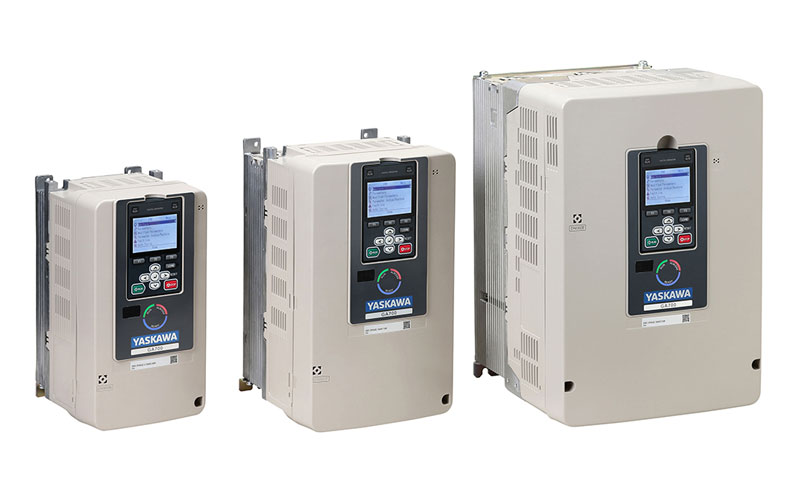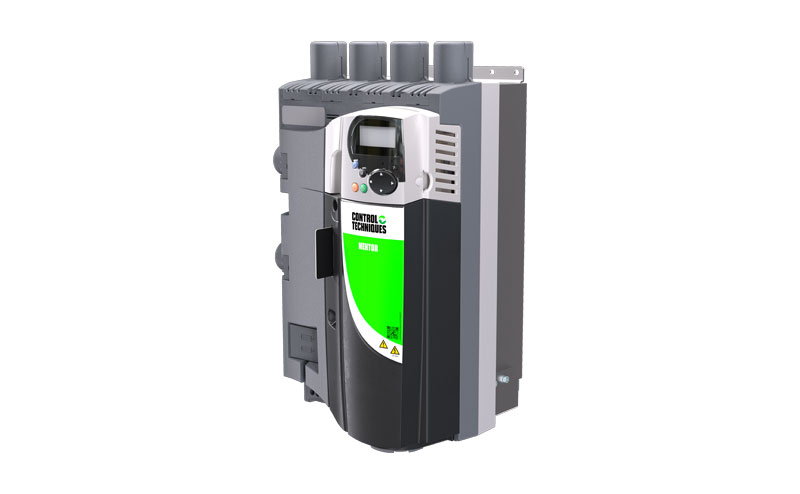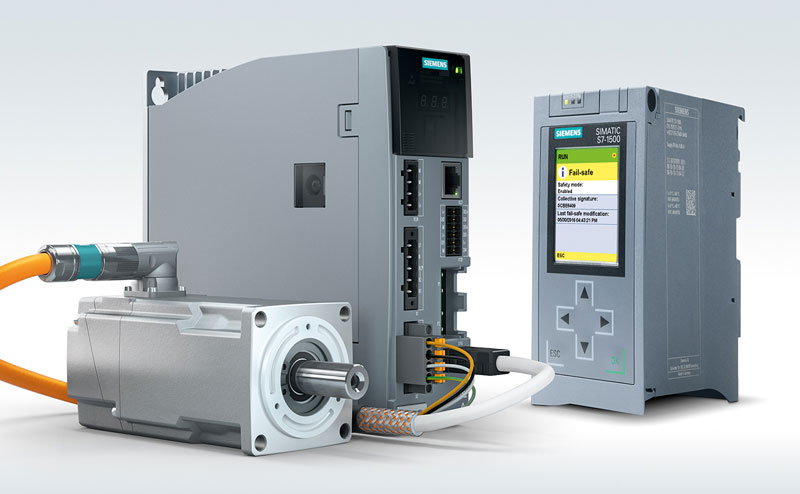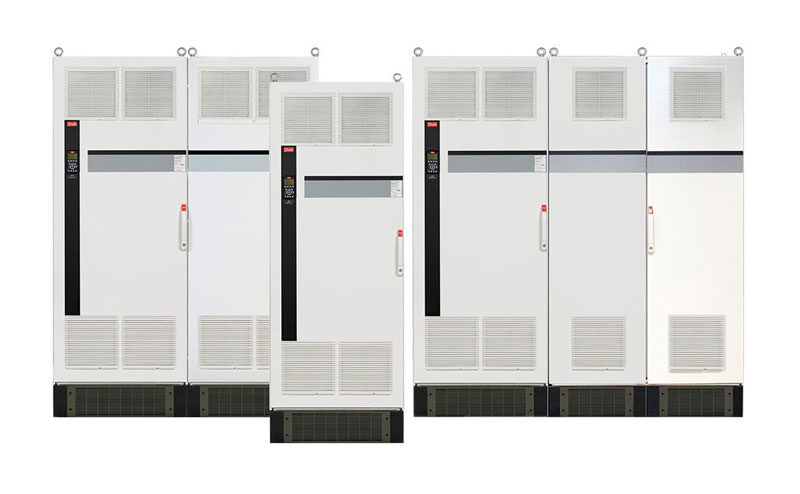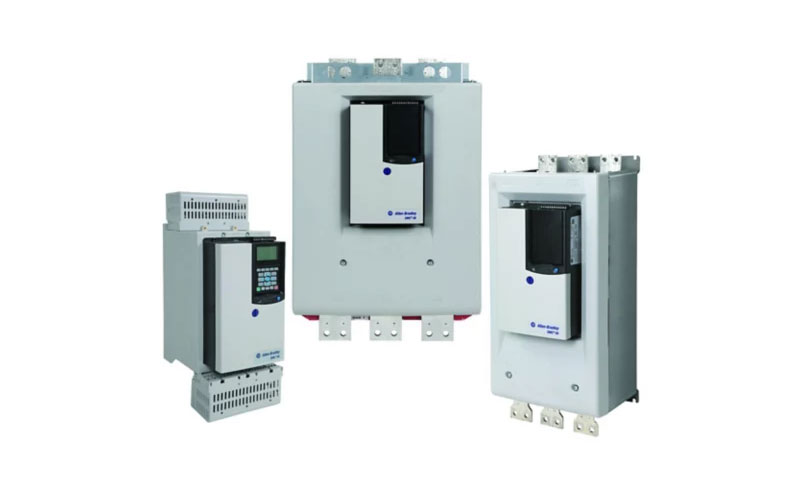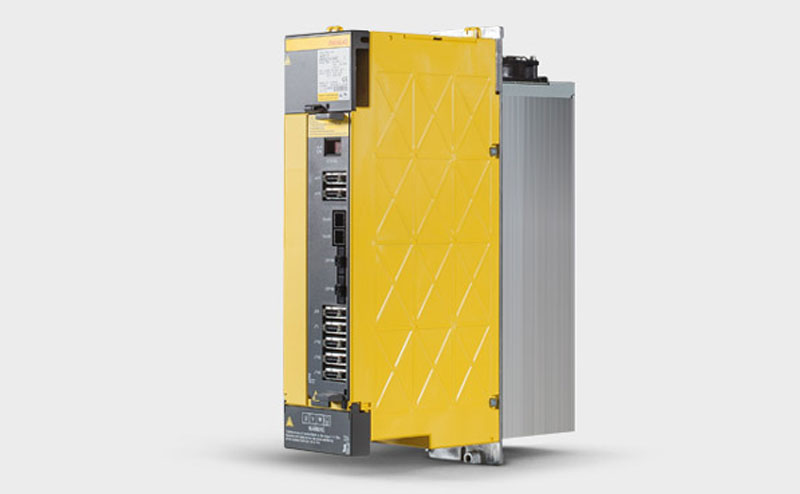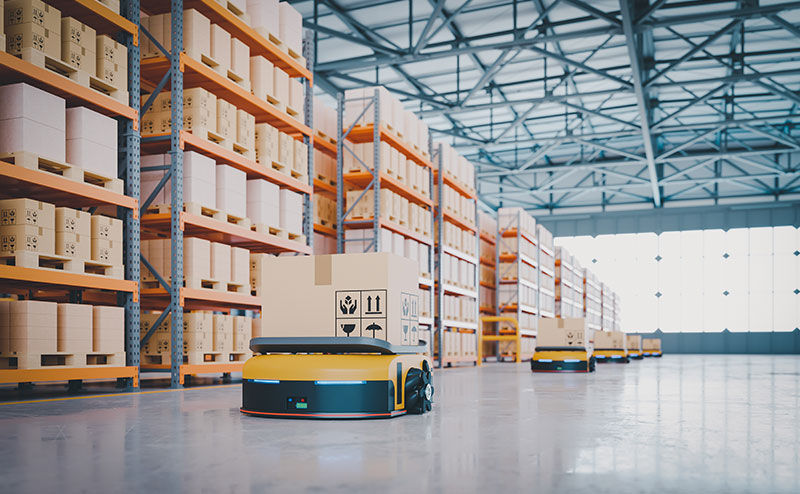Types of industrial drives
Drives play a pivotal role in controlling and regulating the motion of industrial machinery. They are the silent heroes behind many manufacturing processes, ensuring efficiency, precision and reliability.
From enhancing productivity to optimising energy consumption, the choice of drive technology profoundly impacts the performance and competitiveness of industrial operations.
Let's delve into the diverse types of drives that power the wheels of automation:
AC drives
AC drives, commonly known as variable frequency drives (VFDs), are used to control the speed and torque of AC motors. These drives are instrumental in optimising energy consumption by matching motor speed with the required output, thus reducing wastage and enhancing efficiency. Read more about VFDs in this blog from our journal.
DC drives
Explicitly designed for DC motors, DC drives are the oldest type of drive and are widely being phased out in favour of newer technologies. Despite this, DC drives still have a place in industries such as steel manufacturing, where precise control over speed and torque is crucial for processes like rolling mills and extrusion.
Servo drives
Servo drives are synonymous with high-precision motion control in industrial automation. They power servo motors, which excel in applications demanding unparalleled accuracy, speed and responsiveness. Servo drives offer advanced features such as feedback control loops, position synchronisation, and torque limiting, making them indispensable in robotics, CNC machining and the packaging industries.
Stepper drives
Designed to work with stepper motors, stepper drives are characterised by their ability to divide a full rotation into a series of equally spaced steps, providing precise control over motion. For this reason, they’re a popular choice for 3D printing, textile machinery and medical devices.
Soft starters
A soft starter is designed to control the acceleration of an electric industrial motor. It functions by gradually ramping up the voltage and current supplied to the motor during startup, which reduces the initial torque and mechanical stress on the motor and connected equipment. You can dive deeper on soft starters with this journal post.
Spindle drives
Spindle drives are designed to handle high torque and varying loads while maintaining precise speed and position control, making them a popular choice in CNC (Computer Numerical Control) processes. Spindle drives are commonly used with spindle motors.
In conclusion, the world of automation encompasses a diverse array of drive technologies, each tailored to meet specific performance requirements and application demands.
By leveraging the right drive technology for your unique operation, you can unlock new levels of productivity, quality and sustainability.
That’s where we come in.
Every day, we support manufacturers globally in purchasing and replacing industrial drives. From Danfoss to Siemens, Stepper to Spindle, we can help — contact us today to enquire or to find out more.

